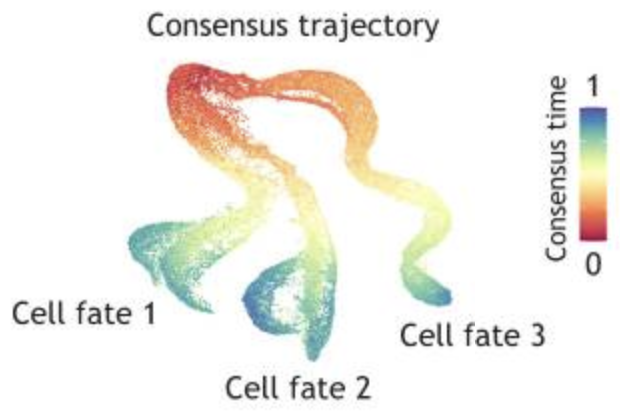Single-Cell Genomics Revolutionizes Plant Development Studies Across Scales
Understanding the development of tissues, organs and entire organisms through the lens of single-cell genomics has revolutionized developmental biology. Although single-cell transcriptomics has been pioneered in animal systems, from an experimental perspective, plant development holds some distinct advantages: cells do not migrate in relation to one another, and new organ formation (of leaves, roots, flowers, etc.) continues post-embryonically from persistent stem cell populations known as meristems. For a time, plant studies lagged behind animal or cell culture-based, single-cell approaches, largely owing to the difficulty in dissociating plant cells from their rigid cell walls. Recent intensive development of single-cell and single-nucleus isolation techniques across plant species has opened up a wide range of experimental approaches. This has produced a rapidly expanding diversity of information across tissue types and species, concomitant with the creative development of methods. In this brief Spotlight, we highlight some of the technical developments and how they have led to profiling single-cell genomics in various plant organs. We also emphasize the contribution of single-cell genomics in revealing developmental trajectories among different cell types within plant organs. Furthermore, we present efforts toward comparative analysis of tissues and organs at a single-cell level. Single-cell genomics is beginning to generate comprehensive information relating to how plant organs emerge from stem cell populations.

